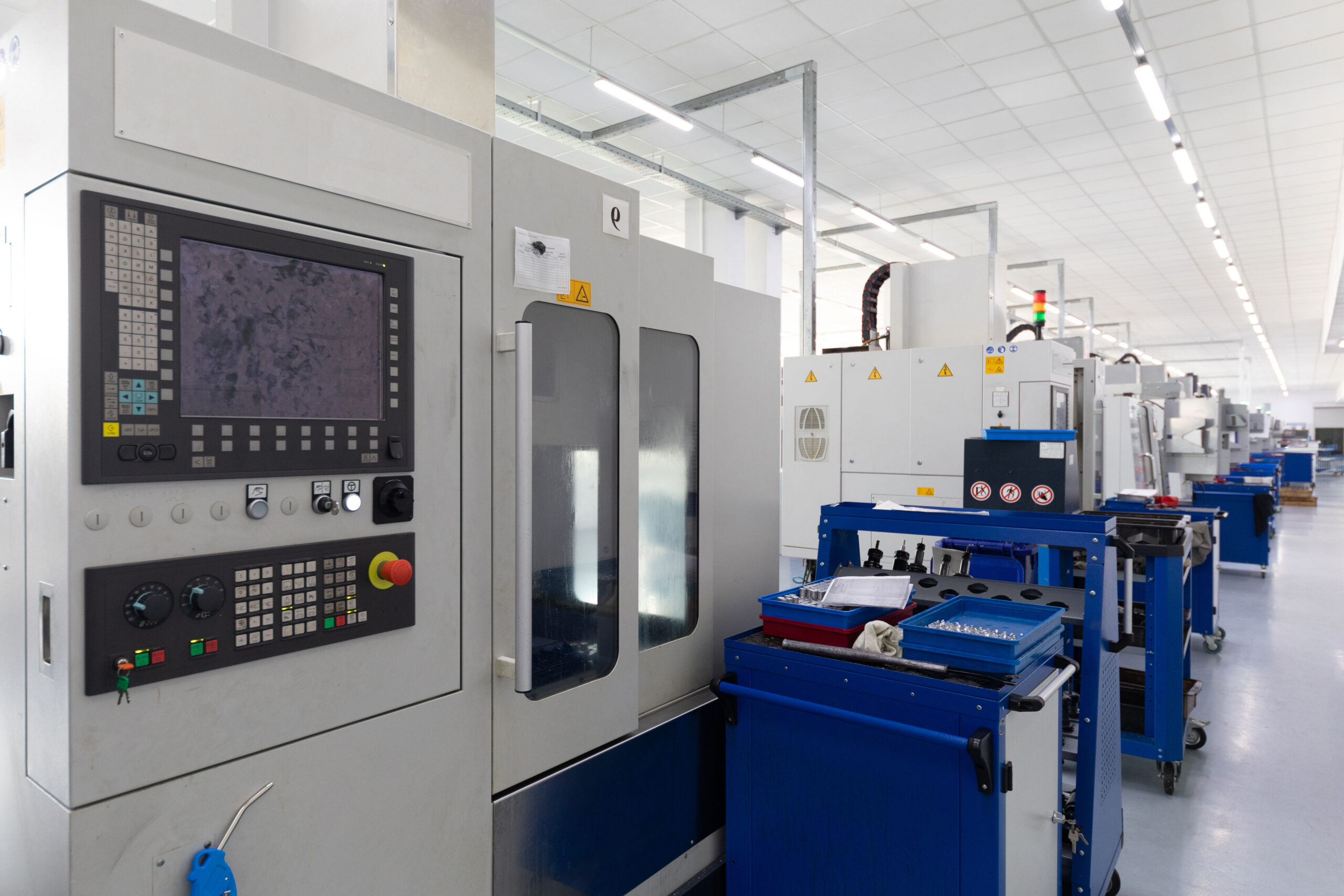In today’s competitive manufacturing world, precision rules. For high-performance parts precision is the key to obtaining the desired performance as well as safety and reliability. Precision machining with CNC machining services makes it possible for manufacturers to obtain precision and surface finish that conventional manufacturing processes cannot provide.
This blog explores the contrasts between precision machining and conventional manufacturing, highlighting the importance of accuracy and how both strategies impact quality, performance and efficiency.
What is Precision Machining?
Precision machining is the application of computerized tools and machinery to the manufacture of very tight tolerance parts. Methods like CNC machining utilize pre-programmed computer software to control factory tool movement enabling very precise and repeatable operations. These automated systems are capable of producing complex geometries, elaborate designs and a variety of materials with superior performance in challenging applications.
Precision machining methods are organized to attain tolerance in the range of microns, much more accurate than most by-hand techniques. Consequently, CNC machining services deliver superior accuracy, repeatability and efficiency, especially for custom machining ventures that require exquisite detailing or high-volume production.
What is Traditional Manufacturing?
Classic manufacturing processes like manual machining, casting and forging have been around for ages. These are generally based on the operator’s expertise to manipulate machines and tools which makes them less reliable and precise than contemporary precision machining methods.
Manual machining utilises hand wheels, levers and eye measurements to operate cutting tools, which can lead to inconsistencies in part dimensions, surface quality and overall conformity. Although conventional techniques can work well for low-volume and less complex jobs they tend to be unable to hold up the level of accuracy and consistency that’s required by high-performance and complex parts.
Key Differences Between Precision Machining and Traditional Manufacturing
The following table compares distinguishing features of precision machining and conventional manufacturing techniques. Knowing these differences helps in deciding which approach to use for unique manufacturing requirements.
| Feature | Precision Machining (CNC) | Traditional Manufacturing |
| Control & Precision | Computer-driven, automatic; micron-level accuracy (0.0001 inches), consistent and repeatable. | Operator-dependent, manual control; less accurate, varies with skill. |
| Complexity & Speed | Processes complex designs rapidly; rapid, high-volume production with little setup. | Best for straightforward designs; slower to make because it requires manual setup and adjustments. |
| Material & Flexibility | Operates on a wide variety of materials, including metals, ceramics and plastics and is quick to reprogram to create custom parts. | Restricted to softer materials like aluminum and brass, adjustable but slower to program for custom parts. |
| Cost & Labor | Greater initial cost but lower cost per unit in volume; less labor skill required. | Lower initial expense but higher cost per unit; has skilled operators to set up and run. |
| Surface Finish & Efficiency | High-quality surface finishes with little extra work; less waste as a result of precision. | Coarser finishes with extra processes; higher scrap rate as a result of variability. |
Why Accuracy Counts in Manufacturing
Accuracy is a key concern in manufacturing that has a direct bearing on product quality, performance as well as safety and cost-effectiveness. In situations where components must comply with strict specifications and operate within high-performance systems, even slight differences can create significant problems.
- Product Quality and Performance: Accuracy machining guarantees parts to precise specifications reducing likelihood of malfunctions. This is essential in industries like Aerospace, Oil and Gas, Medical devices and Electronics where safety and functionality rely on accurate dimensions and perfect assembly.
- Less Waste and Cost Savings: Increased precision results in fewer defects and less waste material. CNC machining reduces errors, resulting in less scrap material and rework, which leads to substantial cost savings, particularly for intricate parts.
- Increased Speed and Scalability: CNC machining is faster than production cycles and can be easily scaled up. With a program in place, creating more units incurs minimal cost, making it ideal for large series and quick prototyping.
- Personalization and Adaptability: CNC machining services provide rapid design changes that enable manufacturers to accommodate special needs of customers. Adaptability is critical in those industries that demand highly specialized solutions like medical implants and aerospace parts.
Conclusion
The decision between precision machining and conventional manufacturing boils down to precision. For applications requiring high performance, safety and reliability, advanced precision machining services are critical. It offers better control over dimensions, surface finish and material versatility which makes it appropriate for complex as well as high-tolerance and high-volume production. While traditional technology has its uses they can’t match the precision and efficiency of CNC machining.
Accurate Edge, a Manufacturing company in UAE are experts in CNC machining services designed to meet the most strict quality requirements. Get in touch and discover how our custom machining solutions can enhance your process and save you money.
Frequently Asked Questions
1. Why is accuracy important in manufacturing?
Accuracy in manufacturing ensures that parts and products meet exact design specifications, which is critical for functionality, safety, and compatibility. It reduces rework, waste, and costly errors while improving product quality and customer satisfaction. Accurate production also supports better assembly, tighter fits, and improved performance in final applications.
2. What is the difference between accuracy and precision in manufacturing?
Accuracy refers to how close a measurement or machined part is to the desired value or specification. Precision, on the other hand, indicates the consistency or repeatability of measurements or outputs. A process can be precise without being accurate, but true quality in manufacturing requires both high accuracy and high precision.
3. Why do we need accuracy in machined parts?
Accurate machined parts ensure proper fit, function, and performance in assemblies or systems. Even small deviations can lead to malfunctions, reduced efficiency, or mechanical failure. High accuracy is especially vital in applications requiring tight tolerances, where even a slight error can compromise safety, durability, or overall product reliability.


